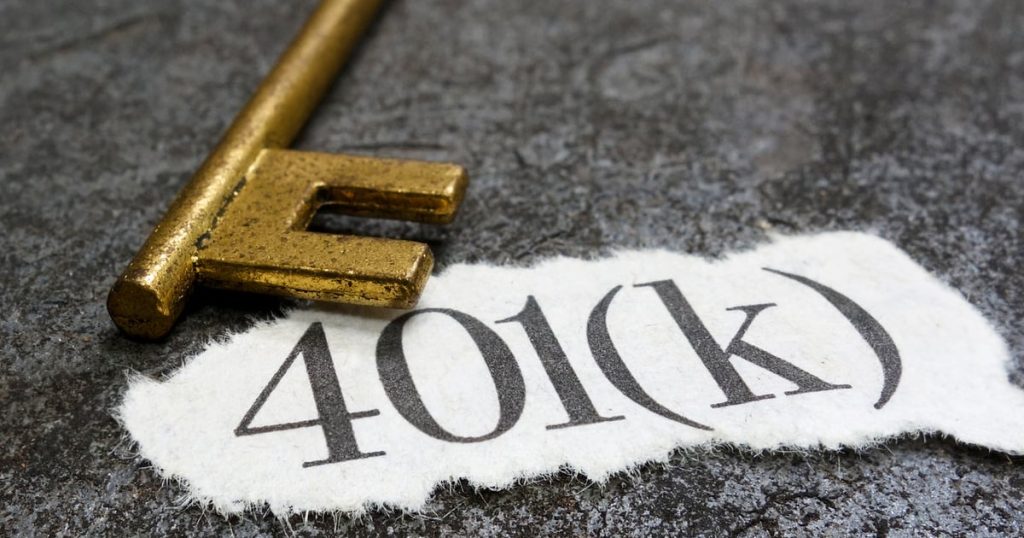
Tax benefits on 401(K)s should be axed in favor of higher Social Security payments, says a report co-written by a former aide to President Clinton.
Alicia Munnell, who served as an assistant Treasury secretary from 1993 to 1995, claims retirement pots with tax breaks disproportionately benefit the wealthy.
She made the claim in the report co-authored by right-leaning economist Andrew Biggs – where they say such benefits have done little to incentivize workers to save more anyway.
Cutting the perks on 401(K)s and Individual Retirement Accounts (IRA) could save the Government almost $200 billion, they argue – and that windfall would be better used plugging shortfalls in Social Security payments.
The paper – ‘The case for using subsidies for retirement plans to fix social security’ – has attracted a widespread backlash with one retirement expert labelling it a ‘preposterous idea’ since being published last month.
Traditional defined contribution (DC) retirement plans such as 401(K)s are not taxed on their own or their employer’s contributions. Instead, the levy is deferred until when they draw on the funds in retirement at which point it is taxed as ordinary income.
By comparison, workers saving into an IRA take a tax-hit upfront but can withdraw the savings tax-free in their twilight years.
Both plans significantly reduce the amount a worker pays in tax over their lifetime compared to what they would on ordinary investments.
In theory the perks are intended to boost the nation’s retirement savings by incentivizing workers to contribute more.
But they come at a cost. According to estimates by the US Treasury, the tax benefits on such plans cost the government between $185 billion and $189 billion in 2020.
And Munnell and Biggs, from the right-leaning American Enterprise Institute. argue that the generous tax breaks have had minimal impact on participation rates in retirement plans.
The researchers found that between 1989 and 2022, the share of workers aged 25 to 64 who contribute to employer-sponsored retirement plans had risen by just two percentage points, from 51 to 53 percent.’
What’s more, they claim the schemes disproportionately benefit upper-income taxpayers who are more likely to participate in employer-sponsored retirement plans.
They estimate that by abolishing these perks the money could be used to fix approximately three-quarters of the Social Security long-term funding gap.
A previous report by the Congressional Research Service found the Social Security office would be unable to make benefit payments in full by as early as 2034 without intervention.
After Biggs posted the report on X – formerly Twitter – it was viewed over 723,000 views.
One user wrote: ‘If you take away the tax benefit, who the hell is going to save to a 401(K) anymore? This would get people to save less and rely on the government more.’
Meanwhile Brian Graff, chief executive of the American Retirement Association, shared the piece on LinkedIn with the caption: ‘No it’s not April 1st… and I personally cannot think of a more preposterous idea.’





























